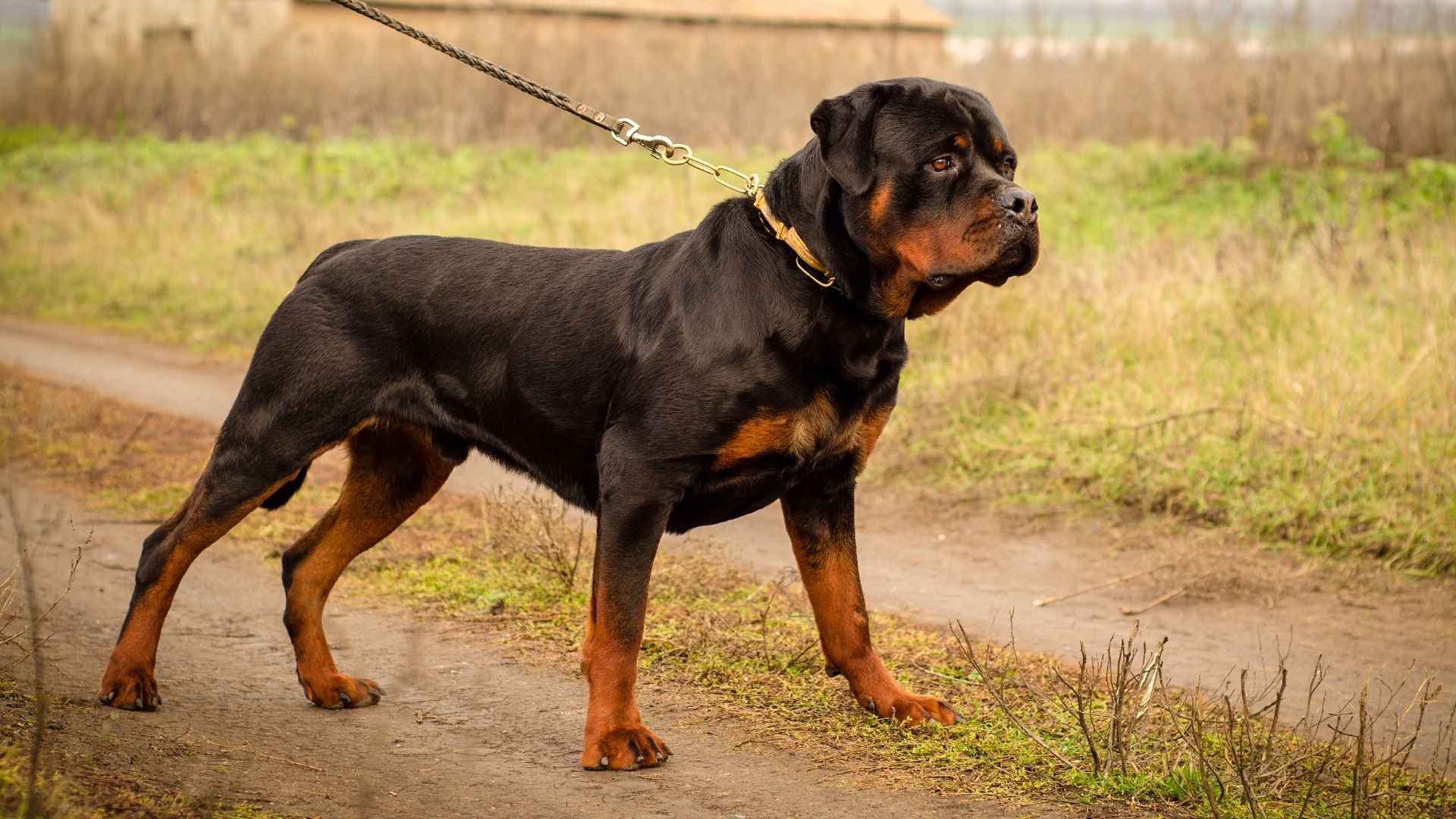Many dog breeds face unfair reputations, often labeled as dangerous, aggressive, or unsuitable for families. But is this perception fair?
Much of the behavior in dogs depends on training, environment, and responsible dog owners. Unfortunately, some dog breeds often bear the brunt of misunderstanding and prejudice.
Are these truly the worst dog breeds, or do they simply need the right home, proper obedience training, and plenty of mental stimulation?
If you’re looking for a loyal companion or considering your first dog, it’s important to understand the true nature of these misunderstood breeds. This guide highlights seven dog breeds that many write off too quickly but truly deserve a second chance with the right person.
Let’s explore their personalities, needs, and why they could be the perfect pet for you.
Worst Dog Breeds That Deserve A Second Chance
1. American Pit Bull Terrier
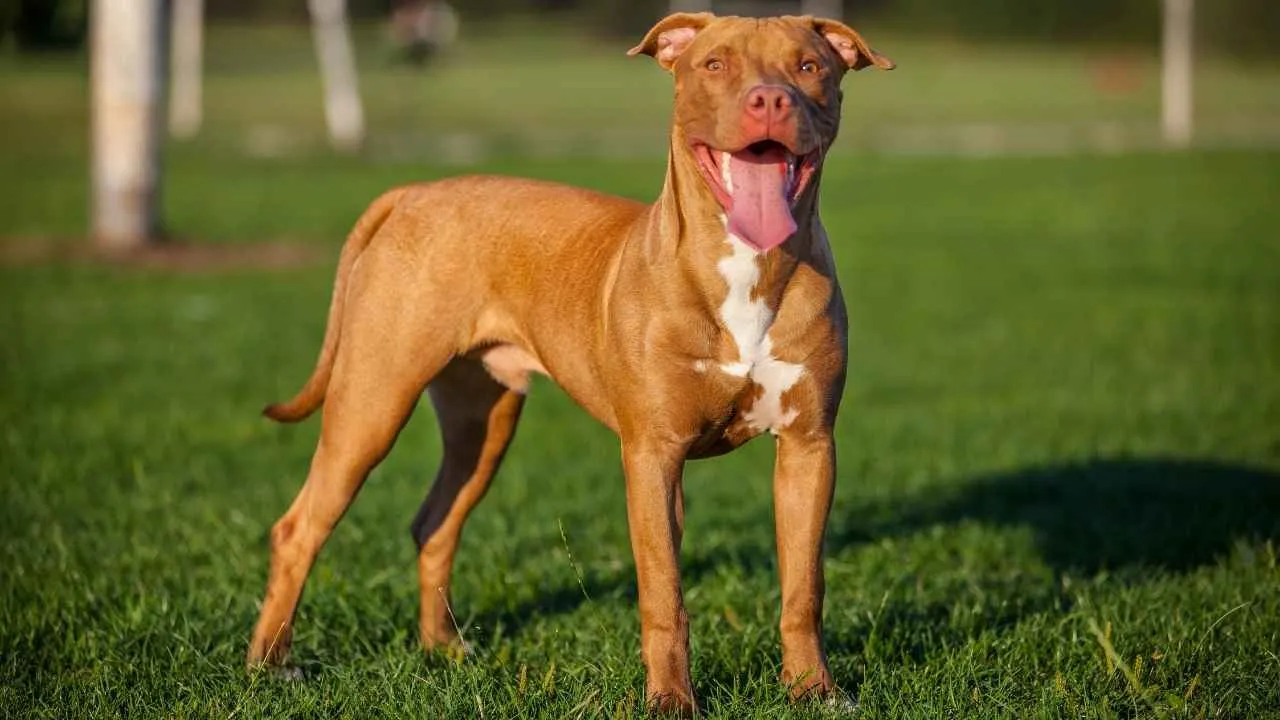
The American Pit Bull Terrier is often unfairly branded as an aggressive dog, making it one of the most misunderstood dog breeds.
They’re hugely misunderstood, not from their guardians who adore them but from people who heard about dog fighting and, with no education on the subject, freaked out.
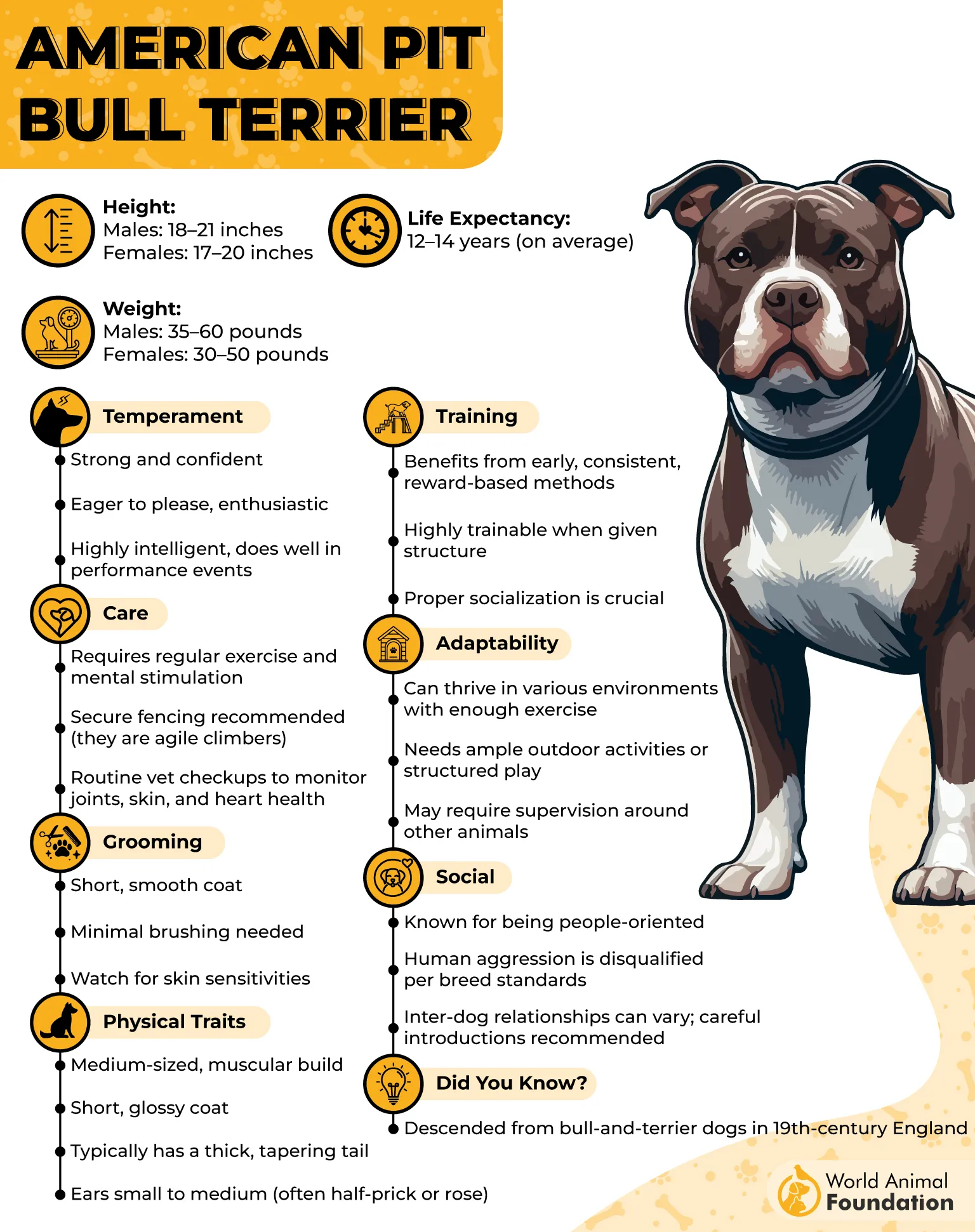
Many people see only the negative stereotypes without recognizing that these dogs can be affectionate and loyal family pets. Their strong prey drive and muscular build are traits that need proper management through obedience training and socialization.
Pit Bulls thrive with responsible dog owners who provide them with enough exercise and mental stimulation. These dogs are eager to please and respond well to positive reinforcement training.
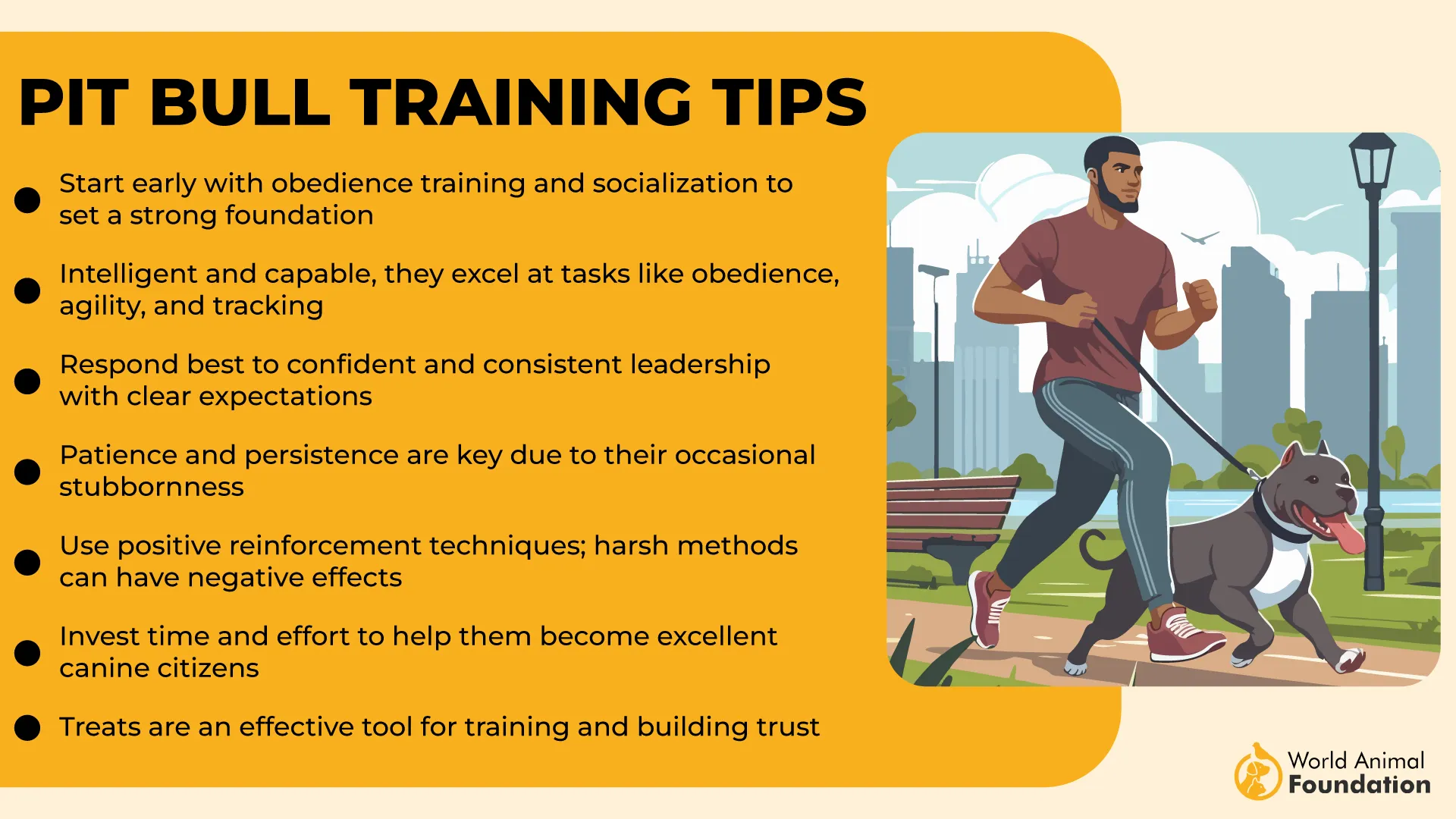
Many problems arise from bad owners or a lack of proper training. When raised correctly, Pit Bulls become loving, playful, and protective companions. They are proof that even dogs with a “bad” reputation can be wonderful pets.
2. Cane Corso
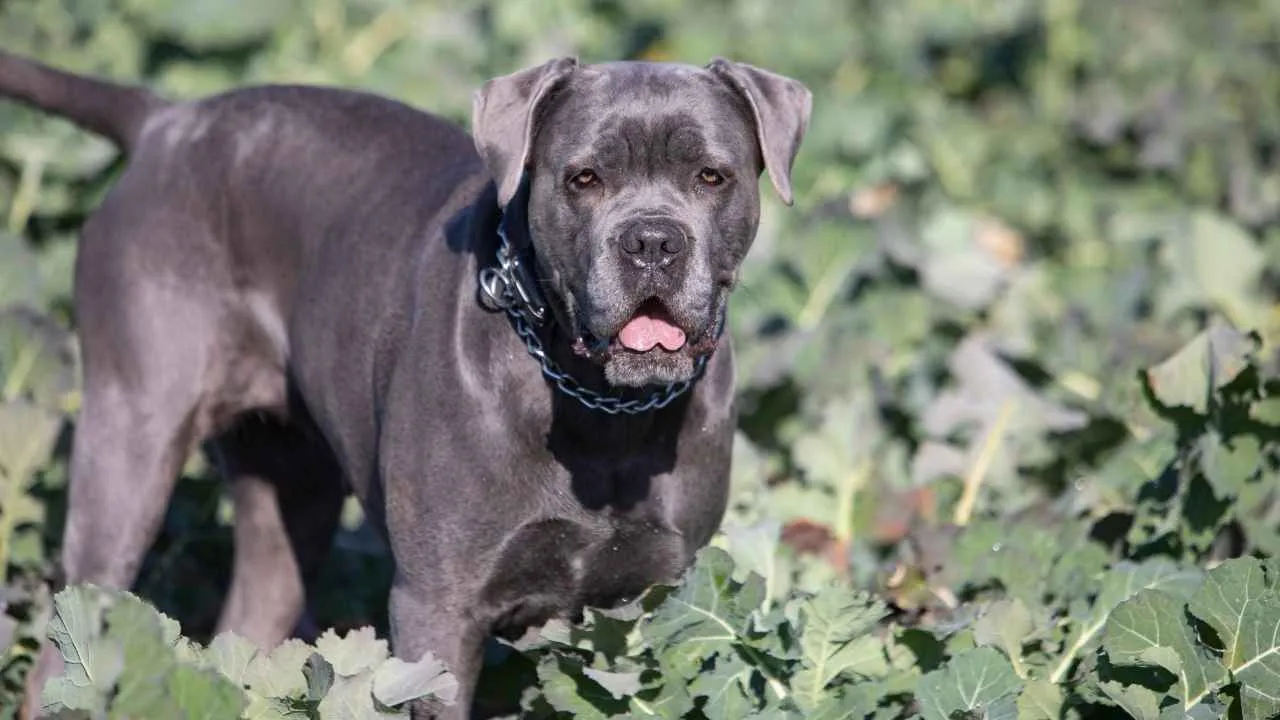
The Cane Corso is a large and strong working dog breed bred to protect and guard. Their intimidating appearance often leads people to believe they are aggressive or dangerous, as per AKC.
But these dogs are very loyal and protective when trained properly. They need an owner who understands the importance of early socialization and consistent obedience training.
Because of their size and strength, Cane Corsos require plenty of physical activity and mental stimulation to prevent boredom and behavioral issues. With proper care, they make devoted family dogs who are great with children.
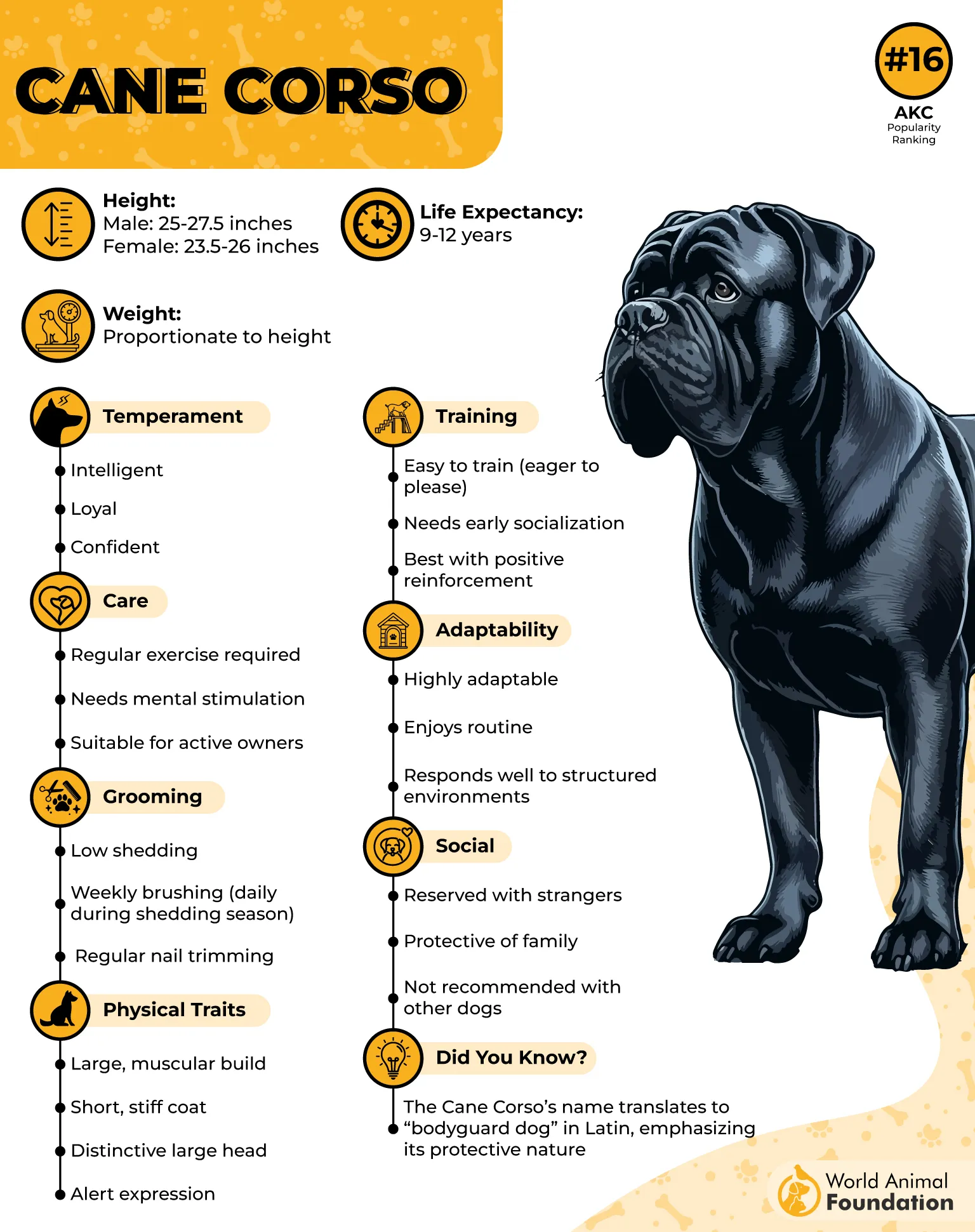
They are not naturally aggressive but will respond to poor training or neglect with defensive behaviors. Giving Cane Corsos a second chance means providing them with a home where discipline and love go hand in hand.
3. Akita
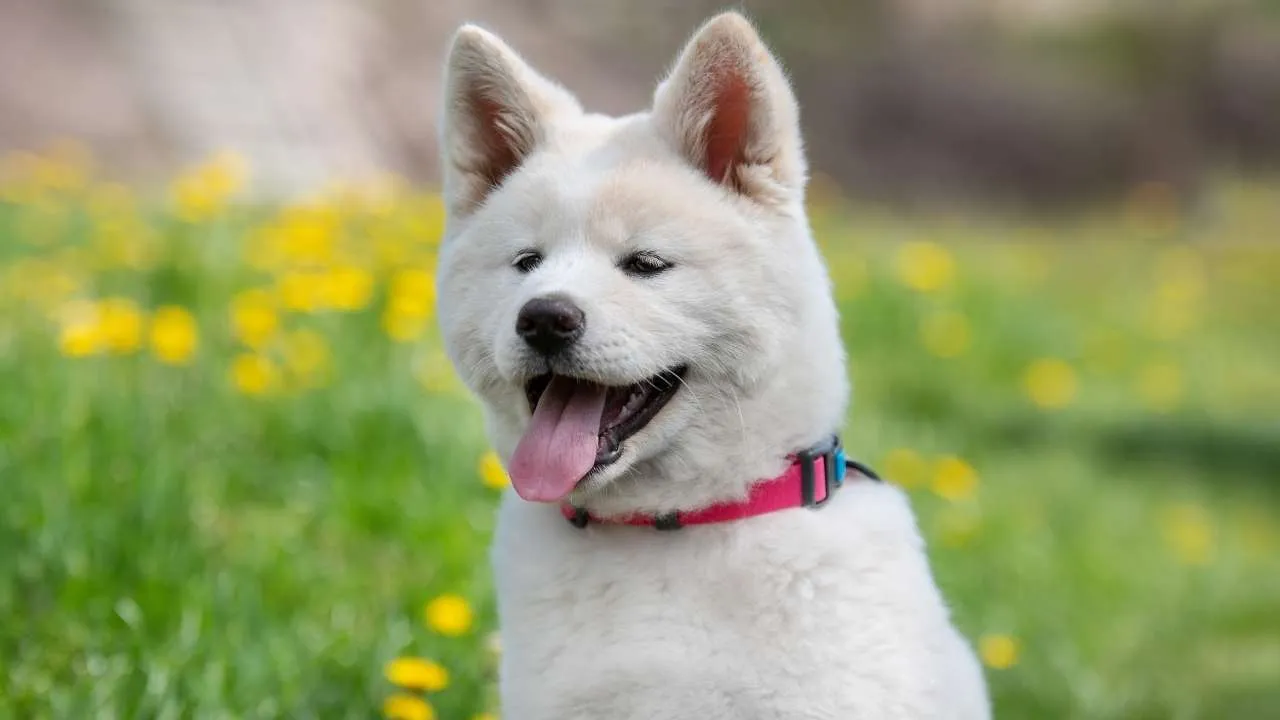
Akitas are often misunderstood because of their strong-willed nature and independence. They were originally bred for hunting and guarding in Japan, making them natural protectors.
As per Purina, Akitas are a symbol of health, happiness, and longevity in Japan. Akita figurines are often gifted to new parents following the birth of a child.
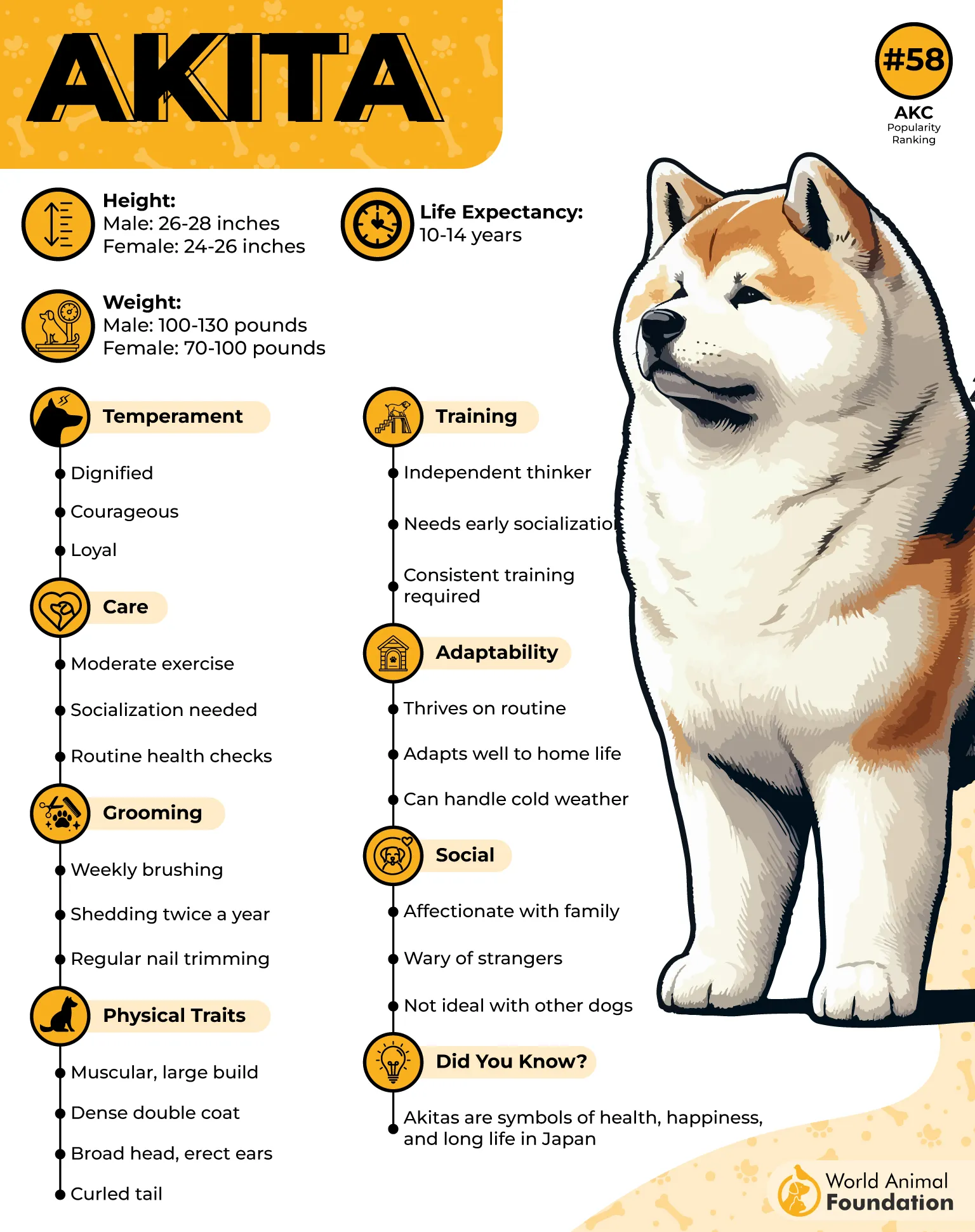
However, with proper training and a firm, consistent owner, these Japanese dogs become loyal, affectionate family dogs. They require regular exercise and mental stimulation to stay happy.
Akitas have a strong prey drive, but can live peacefully with other pets if introduced carefully. They prove that with patience and understanding, even a “difficult” breed can become a trusted companion.
4. Belgian Malinois
The Belgian Malinois is a highly intelligent, energetic dog breed often used in police and military work. Their natural drive and focus make them outstanding working dogs, but they are often labeled difficult or aggressive by casual owners.
This breed requires a lot of exercise, structured training, and mental stimulation to channel its energy positively. Without enough physical and mental outlets, Belgian Malinois may develop destructive behaviors, contributing to their negative reputation. So, they are not recommended for first-time dog owners as per Britannica.
However, with the right owners who can provide consistent obedience training, these dogs are loyal, protective, and affectionate. They bond closely with their family and thrive in active households that can meet their needs. Malinois deserve a second chance for families seeking a highly trainable, loving dog.
5. German Shepherd
The German Shepherd is one of the most popular dog breeds worldwide, known for intelligence, loyalty, and versatility. Despite their excellent qualities, German Shepherds often get a bad reputation as aggressive or difficult dogs due to improper handling by unprepared owners. They need obedience training and plenty of physical exercise to stay balanced.
Placed in the herding group, they’re also loyal and highly intelligent and may be the most well-known breed on this list. They’re gentle family pets and wonderful with children, but sometimes aloof with strangers until a deeper relationship forms.
German Shepherds excel as police dogs, service dogs, and family pets when socialized early and trained well. They require mental stimulation alongside physical activity.
With responsible owners, these dogs are protective without being aggressive and are affectionate with family members. German Shepherds are a perfect example of why a dog’s behavior depends heavily on their training and environment.
6. Rottweiler
Rottweilers are large, muscular dogs that were originally bred to herd livestock and guard property. Their tough appearance and guarding instincts make many people wary, labeling them as dangerous.
However, Rottweilers are highly intelligent and affectionate when raised in loving homes with consistent obedience training.
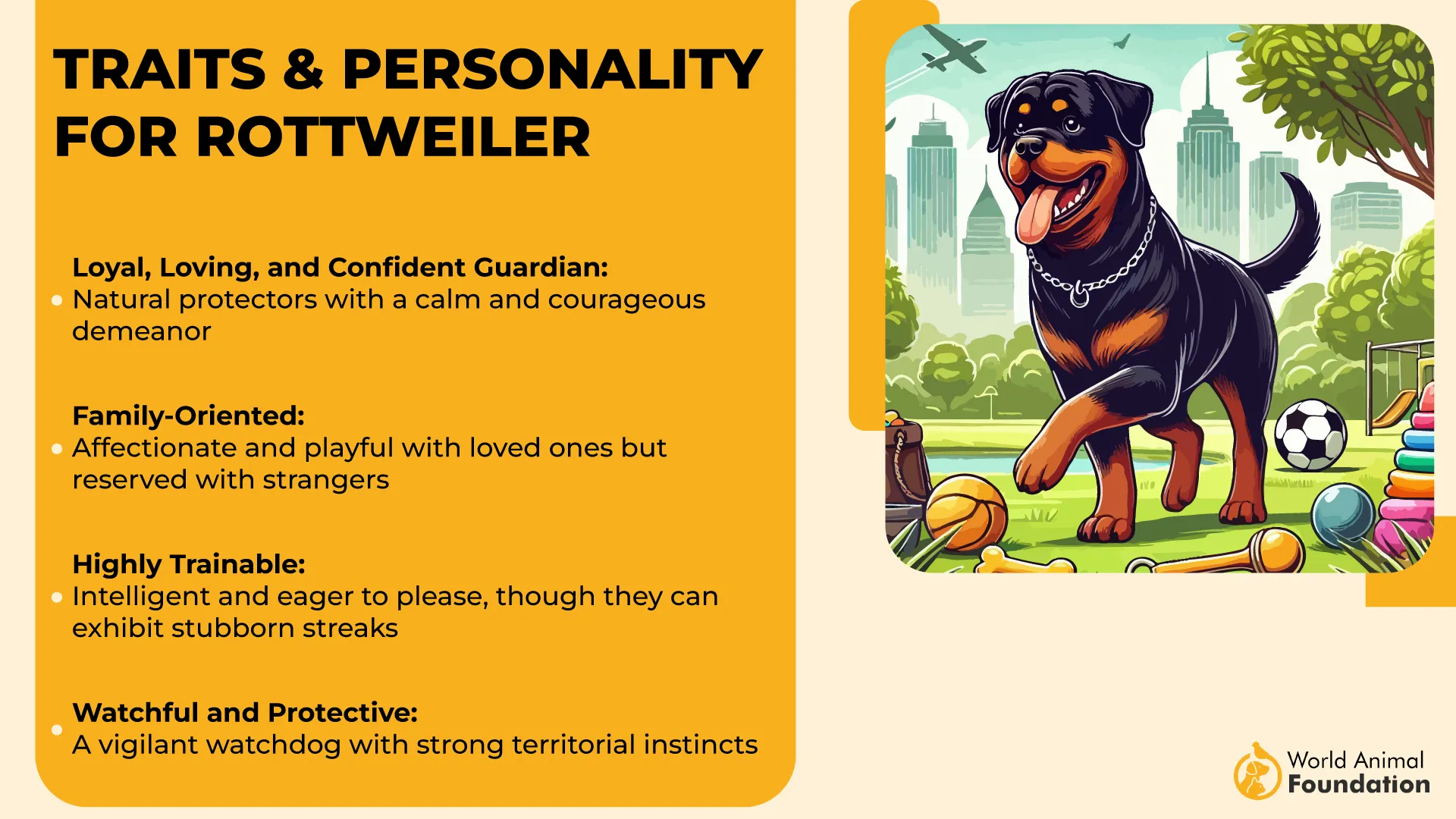
Rottweilers need plenty of exercise and mental stimulation to avoid destructive behaviors. They are loyal, protective, and make excellent family pets for experienced owners.
Negative stereotypes about Rottweilers often come from poor socialization or bad owners. Given a second chance, this breed can become a devoted companion who bonds deeply with their family.
7. Chihuahua
Despite their small size, Chihuahuas often face criticism as nervous or aggressive dogs. This reputation usually results from improper training and overprotective owners who encourage fearfulness. When socialized early and trained with patience, Chihuahuas make loving, loyal pets with big personalities.
These small dogs thrive in families that provide positive reinforcement, obedience training, and plenty of social interaction. Chihuahuas enjoy being close to their owners and respond well to gentle guidance.
They prove that even tiny dogs can have strong characters, and with the right owner, they become affectionate companions. Chihuahuas deserve a second chance beyond their misunderstood reputation.
Conclusion
The truth is, no dog breed is inherently bad or dangerous. Many so-called worst dog breeds suffer mainly from a lack of proper training, socialization, or responsible dog owners.
Breeds like Pit Bulls, Rottweilers, German Shepherds, Cane Corsos, and others prove that with love, discipline, and consistent obedience training, any dog can become a loyal, affectionate, and well-behaved family pet.
Before judging a dog breed, consider how much impact an owner’s care and mental stimulation have on a dog’s behavior. Many “aggressive dogs” are simply reacting to neglect or bad handling by owners.
Are you willing to give a misunderstood dog a second chance and open your heart to a companion that might surprise you? These dogs show that patience, proper training, and enough exercise can transform even the toughest reputations into stories of love and loyalty.


